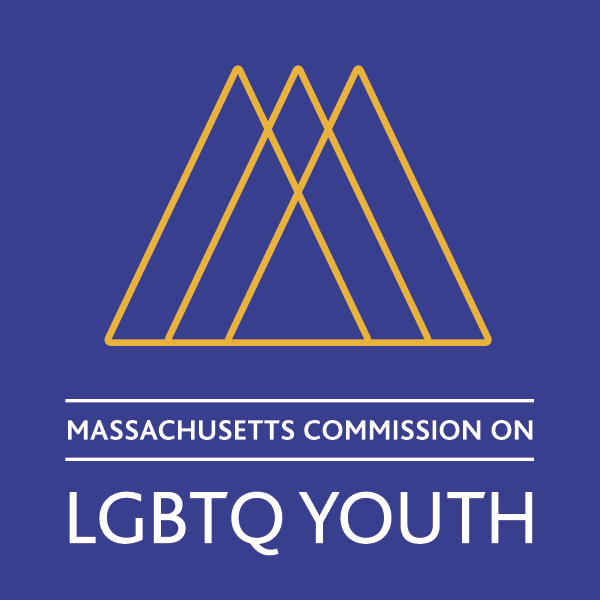- Massachusetts Commission on LGBTQ Youth
Students From All Over Massachusetts Meet to Solve LGBTQ Inequities
As the leaves changed colors this fall, student leaders from Boston to Westfield gathered to develop their leadership skills and tackle LGBTQ inequities. The Safe Schools Program for LGBTQ Students, a joint program of the Commission on LGBTQ Youth and the Department of Elementary and Secondary Education, began its seventh year of hosting regional meetings for student and staff leadership of local GSAs. As expansion has occurred among the GSAs (which once stood for Gay-Straight Alliances and are known today by many names, including Gender & Sexuality Alliances), so have the regional meetings. These meetings for the first time comprise six regions, now also including the Berkshires as its own entity.
Beyond building leadership capacity for local student leaders, the meetings of each of the six regions provide a safe space for students who may have a limited LGBTQ community at their own schools. “I love meeting new people from other schools and other GSAs,” one student wrote on reflection cards at a meeting that occurred last month. “The meetings are informative, educational, and very fun... They make me feel welcome.”
The regional meetings happen every other month during the school year, and are overseen by the team of three who together comprise the core staff and consultants of the Safe Schools Program: Jeff Perrotti, Jason Wheeler, and Briana Mendoza. But the content of the regional meetings is left to the students themselves, who set an ambitious agenda at a statewide retreat that occurred in August at UMass’s Amherst campus. The students decided to focus much of the year on intersectional issues, such as the Black Lives Matter movement and racial justice. “The meetings are important for the students because it provides them a space to learn about themselves and other people,” said Briana Mendoza, the Safe Schools Program Coordinator, who joined the team earlier this fall. “And for the staff advisors, it’s great for them to problem-solve together.”
Sexual health has been a significant topic of discussion, as many students do not feel that their schools are LGBTQ-inclusive in what they teach. When asked by organizers to reflect on why comprehensive sexual education matters to them, many students hinted at the potential dangers of not receiving information that applies to them; as one student said, “it's important to know how to protect yourself physically and emotionally no matter who you're [romantically] interested in.”
The voices of student leaders are critical as the Safe Schools Program and Commission on LGBTQ Youth work together to address topics like sexual health from a variety of fronts. The Commission has named sexual health as one of its three priority areas, and in addition to working with schools and the relevant state agencies through the Safe Schools Program, also advises the legislature on how various bills might impact LGBTQ youth.
On the months when students do not have regional meetings, they come together statewide to meet at the Department of Elementary and Secondary Education in Malden. Like the regional meetings, it is an opportunity to not only build their capacity as leaders, but also to give them a safe and inviting space to grow. And the meeting location — at the headquarters of the agency that oversees education in the Commonwealth — is a testament to the strong support the Department of Elementary and Secondary Education has shown for LGBTQ students.
According to Briana Mendoza, the Department’s support is critical in achieving this mission. She explained that this support guides schools “to support GSA students in attending these meetings, helping them with transportation, and often opening up their own school to provide us with the space.”
